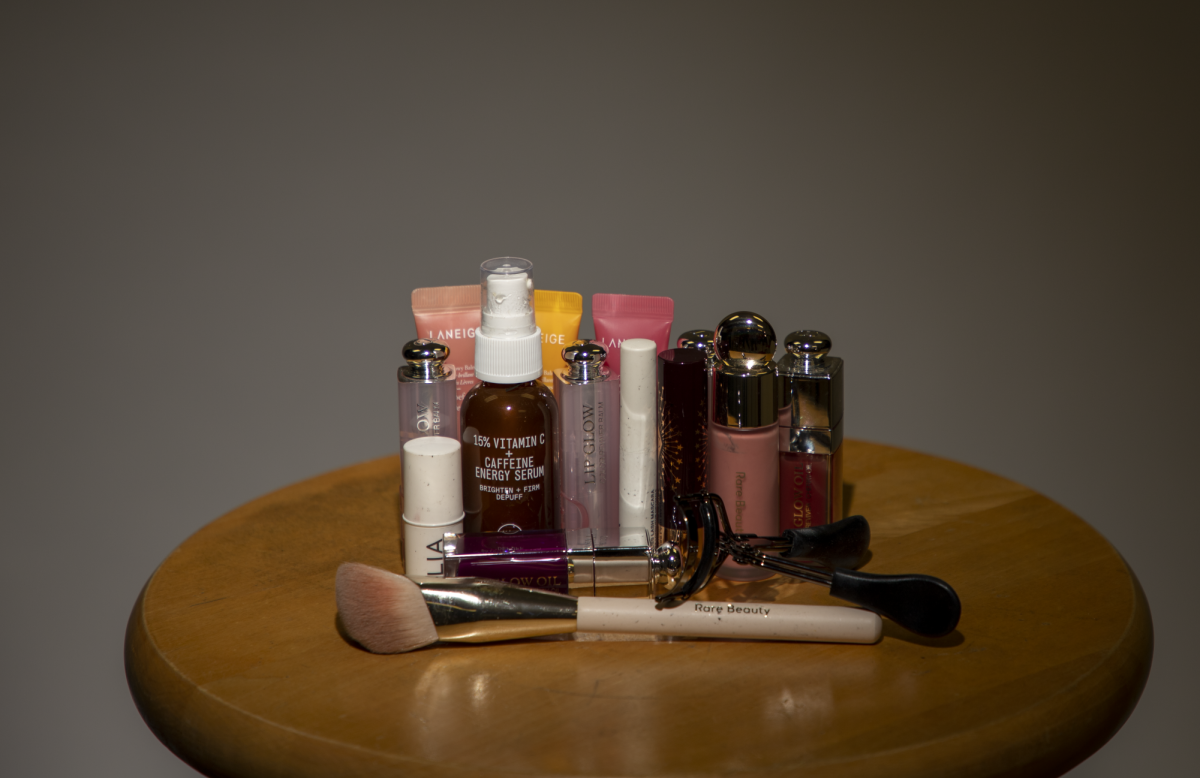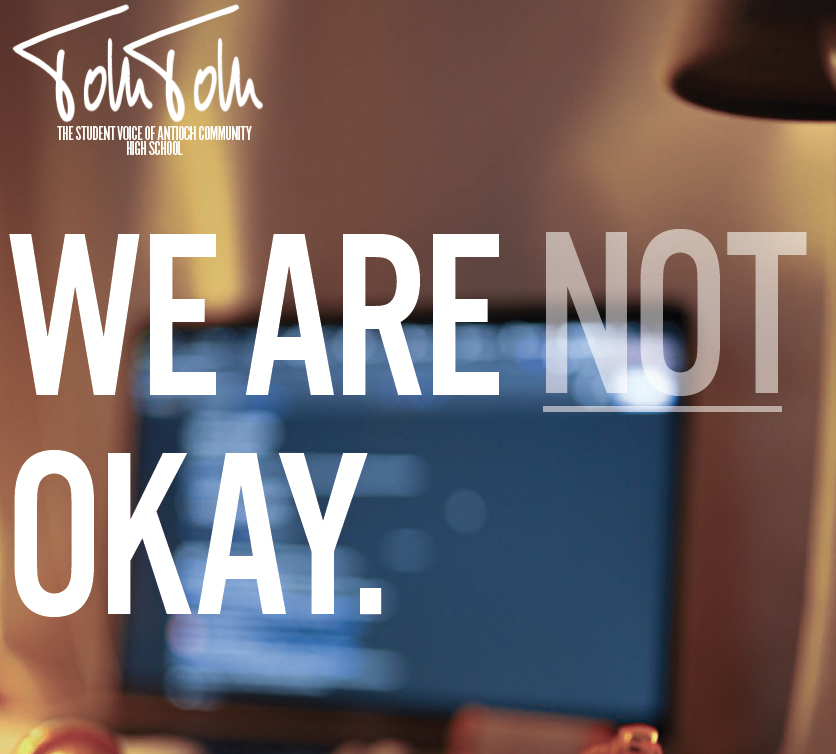The classroom is silent except for the scribblings of pencils on paper. In the corner of the classroom, a student sits quietly and bounces their leg up and down. They continuously tap their pencils as they scan over their test answers again and again. Their heart is beating quicker than usual and their palms are starting to become clammy. Their head aches with thoughts of failure and disappointment.
All of these are symptoms of test anxiety and it happens more often than we realize.
Test anxiety happens when someone becomes so nervous about taking a test that it hinders their ability to perform basic tasks. This then affects their performance on the test overall; however, there is a difference between test anxiety and simply being nervous.
“Being nervous for a test is where someone might have what we would describe as the jitters,” psychology teacher Jaclyn Orlov said. “[Whereas] someone who has anxiety is going to have recurrent thoughts to the point where it’s going to disrupt their ability to perform well.”
According to the Anxiety and Depression Association of America, test anxiety can be caused by a variety of things such as severe fear of failure, a lack of preparation on the test takers part and previously bad experiences with test taking. Though all of these factors may lead to the development of test anxiety, there are ways to help prevent and cope with it.
Mayo Clinic suggests doing things like learning which study tactics work best to improve learning ability or learning relaxation techniques that help subdue anxious feelings. They also say to get plenty of food, liquids and sleep into your system so your body and brain is at its peak the day of a test. It is also highly recommended that people with test anxiety study in the same environment as the one the test will be taken in.
“The setting congruency between two locations helps your brain interprets that it’s normal,” Orlov said. “Your body knows the difference between relaxed and alert; that’s the real reason you want to keep the same kind of setting.”
People who suffer from test anxiety should study at a table and sit upright to help simulate the feeling of taking the test. This way, your brain will adapt more easily the day of the actual test.
Despite the many methods of aiding with test anxiety, it’s important to keep in mind that every approach may not work for everyone. Just like people favor different food, different coping methods will be favorable to people based on how their brain is wired. If none of the methods seem to be working for someone, it is always okay for them to request help from a local or school counselor.






















